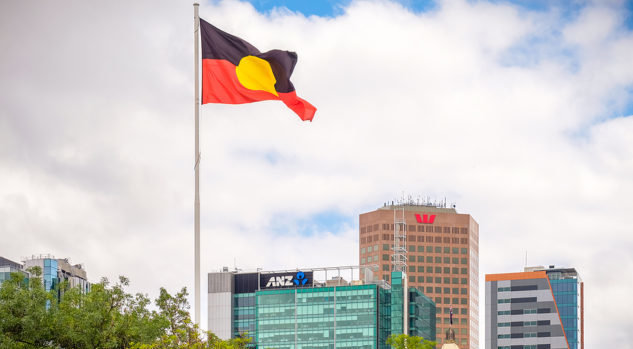The latest Indigenous business Snapshot shows Indigenous businesses contribute more than $16 billion to the Australian economy, employ 116,795 people and pay $4.2 billion in wages. A large percentage of these businesses are small – 56 per cent of sole traders and 78 per cent of partnerships – and based in rural and remote communities.
However, Indigenous small businesses in Australia still face a spectrum of unique challenges that significantly impact their ability to start, sustain, and grow businesses. One of the most pervasive issues is socio-economic disadvantage. Many Indigenous Australians face lower levels of income, education, health and employment opportunities compared to their non-Indigenous counterparts, which creates significant barriers to their business endeavours, limiting access to essential resources such as financial capital, skilled labour, and business networks right from the start.
Historical and ongoing discrimination and exclusion, including both overt and covert, have also contributed to the business environment that is often unwelcoming and results in inaccessibility that persists even today. Policies and practices that have historically marginalized Indigenous communities continue to influence current economic structures, making it more challenging for Indigenous businesses to thrive. This systemic discrimination is evident in various forms, including difficulties securing financing, navigating regulatory and administrative environments and accessing staff and markets.
The cultural disconnect between Indigenous values and mainstream small business practices further complicates the business journey for Indigenous Australians. Indigenous cultures often prioritise community well-being, collective ownership, and sustainable practices over individual profit and competition. These values can clash with the dominant capitalist business model that emphasises individual success and profit maximization.
Moreover, the lack of culturally relevant support and mentorship exacerbates these challenges. Many existing small business support programs do not account for Indigenous communities’ unique cultural and socio-economic contexts, leaving Indigenous small businesses isolated and ill-equipped to navigate the complexities of starting and running a business.
Strategies for overcoming challenges
Despite these challenges, Indigenous small businesses employ various strategies to overcome their limitations, including gaining community and government support, which can provide financial assistance, mentorship, and training to help them navigate business challenges.
But more needs to be done. We need to step back and understand why the status quo prevails and remember their substantial contribution to the economy. They can be helped further by collaborating and engaging in partnerships with larger organizations to enhance their market access, visibility and networks, to help secure contracts.
We highly recommend providing information, education and awareness of the latest technology which can help them overcome resource limitations, by using digital platforms for marketing, sales, and operations to help reach broader audiences and streamline operations. A digital presence can give them access to a larger global market assisting them with the internationalisation of their small business.
Indigenous businesses often do and can leverage their cultural heritage as a unique selling proposition. For example, some of them may focus on Aboriginal art, fashion or food, which promotes Aboriginal culture and stories which has a huge audience and customer base overseas. This cultural distinctiveness not only differentiates their products and services but also attracts niche markets, which can create a strong brand presence that resonates with customers and drives growth.
Communication is key. Government needs to communicate further on the ground with the Indigenous community and educate non-Indigenous people on Indigenous culture, history, traditions and their business.
A digital ecosystem platform that facilitates communication, collaboration, and mentorship and helps drive innovation into the Indigenous small business community and a one-stop shop for their needs would help change the status quo to a more positive one and drive more Indigenous people into small business.










